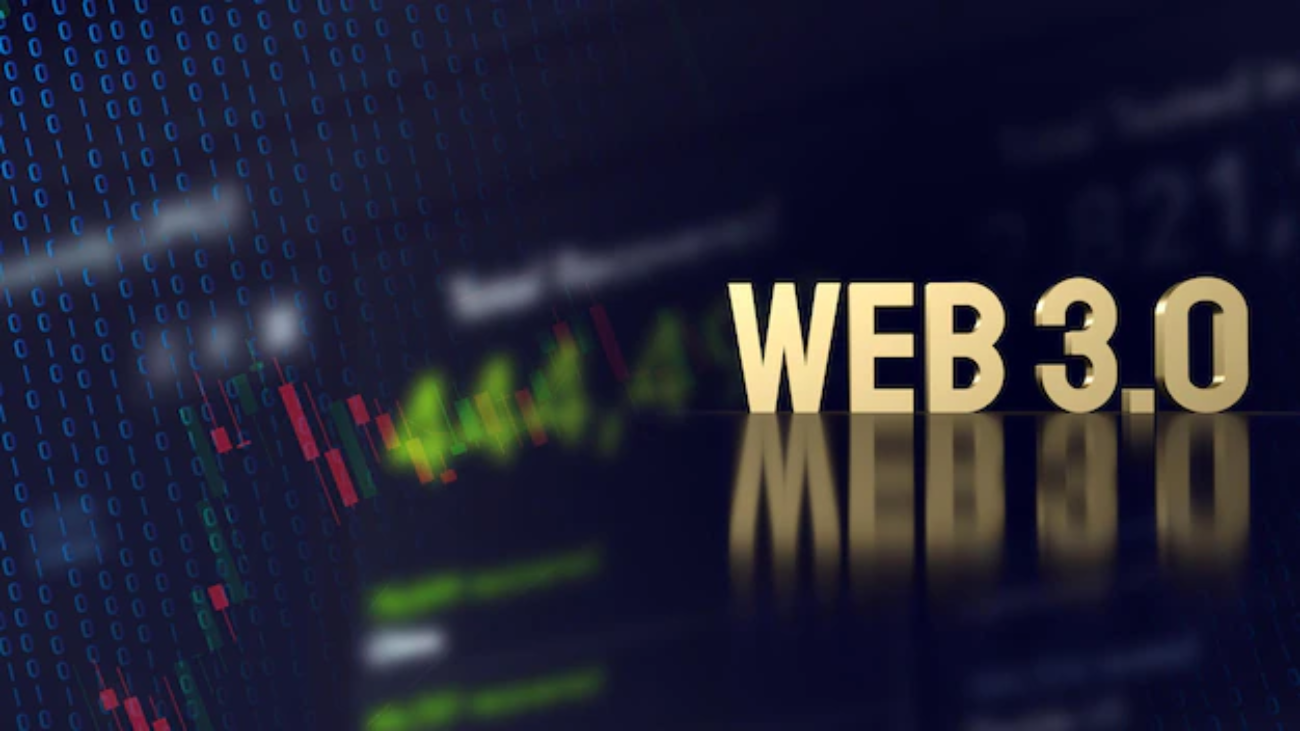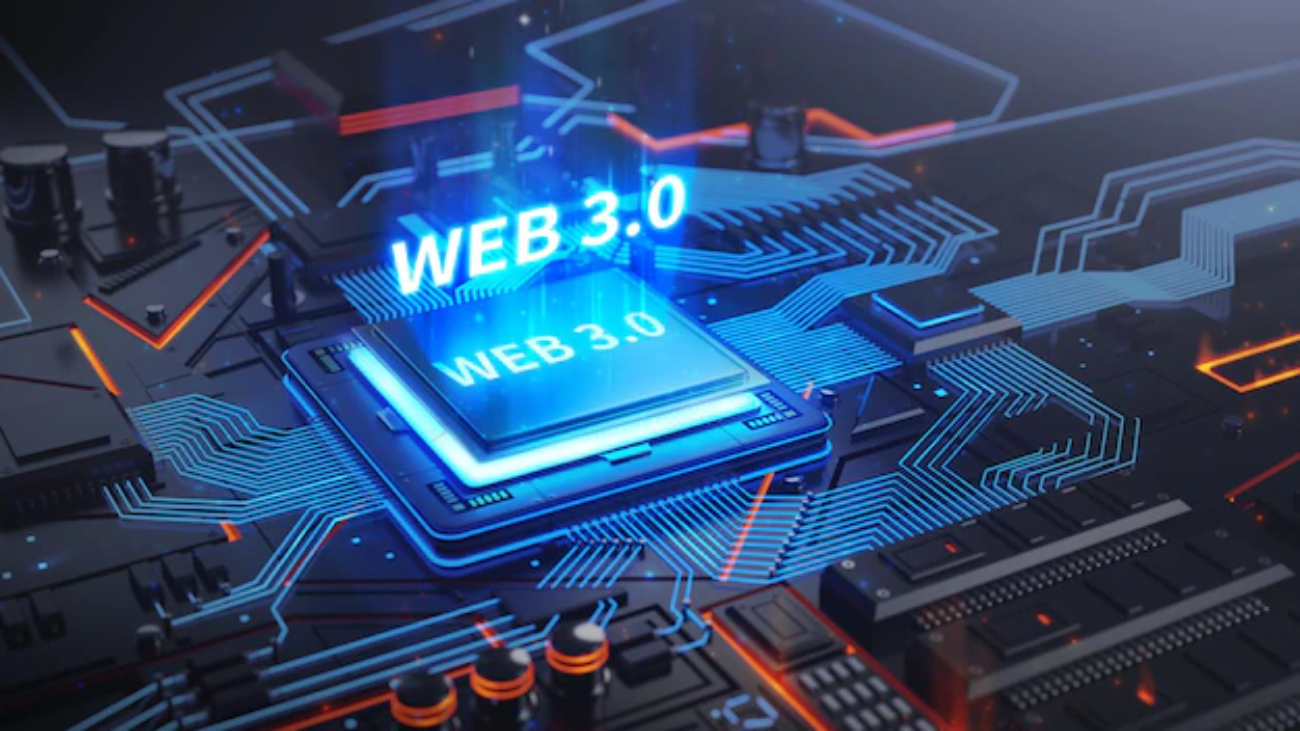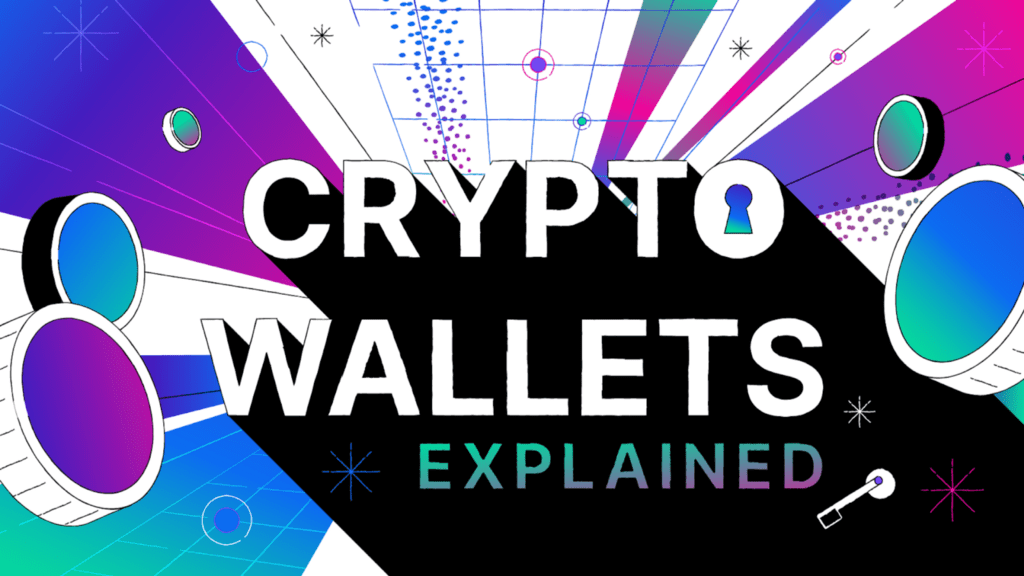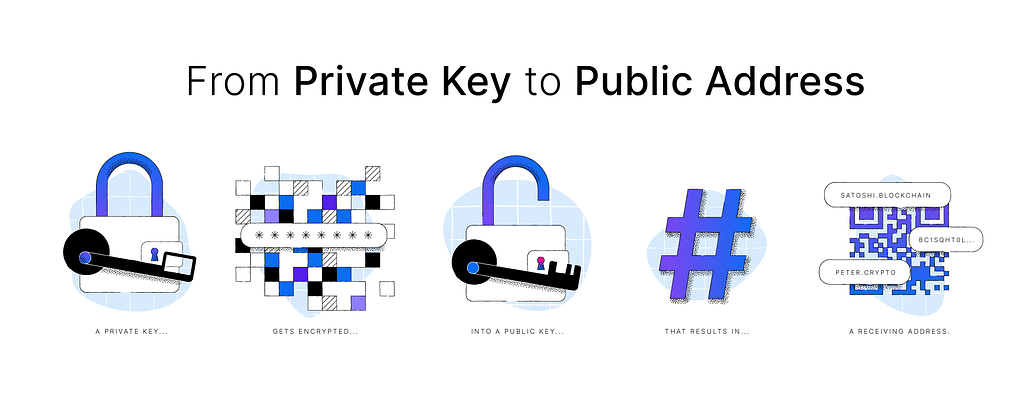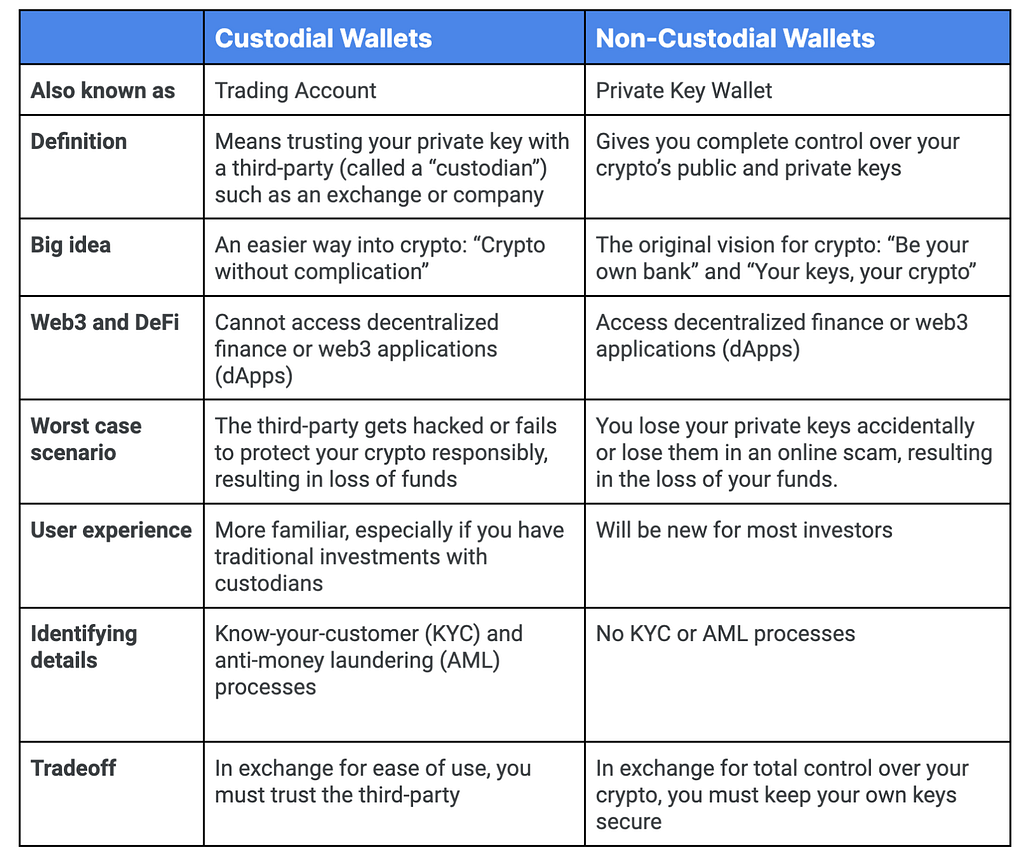The fame and potential of decentralized web technologies can prove how they would be a mandatory highlight in the future. Discussions regarding the evolution of the internet focus on web3 as the internet gradually evolves with a formidable emphasis on decentralization. Web 3.0 is the next big thing for internet users everywhere as it would transform the user experience by huge margins. Therefore, the interest in Web3 FAQs is reasonable for any user interested in learning about the future of the internet.
The domain of technology has been through some major transformative changes with the arrival of blockchain and cryptocurrencies. However, clarity regarding the future of web3 and its practical value still eludes experts as well as general users. The following post offers you an outline of the commonly asked questions about web3, which can help you gain more insights and clarity regarding the potential of web3.
Commonly Asked Questions about Web 3.0
The need to find the answers to frequently asked questions about web3 emphasizes resolving any concerns about web3, its working, and its value. Blockchain solutions have shown the path forward for the development of web3, and the growing investments in this field indicate prolific implications for the future.
The massive growth in investments in blockchain-based startups in 2021 proves the point for substantial growth in the domain of web3. $17 billion is not a small number when compared to the investment of around $2.1 billion in blockchain-based startups in 2020. Furthermore, the year 2022 also holds a lot of promises for blockchain technologies, with around $450 million worth of investment in the blockchain network Polygon. On top of it, the importance of web 3 questions and answers has become quite evident with an investment of almost $200 million in web3 developer platform, Alchemy.
It is important to note that the FAQs about web3 are not only important for new learners but also for business leaders, decision-makers, and senior executives. The FAQs can help in plucking off any doubts you have regarding web3 and its potential applications. Here are some of the most notable FAQs regarding web3.
What is Web3?
The first entry in any list of web 3 frequently asked questions would refer to the definition of web3. One of the common definitions for web3 paints it as the third generation of the internet, which lets users take complete control over their data. From the technical perspective, it actually refers to a collection of technologies that can empower decentralization, transparency, and equity in internet usage.
Web3 aims to drive the future of the internet on peer-to-peer networks such as distributed storage solutions and blockchain technology. Blockchain networks could provide the support of smart contracts to facilitate the execution of transactions without the need for personal trust or intermediaries. The decentralized, peer-to-peer infrastructure followed for web3 technologies challenges the conventional centralized approaches for creating, storing, sharing, and monetizing data.
What is the necessity of Web3?
The discussions in a web3 tutorial generally start with an overview of previous stages in the internet’s history. The previous generations of the web, such as web1 and web2, showcase the reasons for which web3 is a necessity today. Web 1.0, or the first iteration of the internet, featured only static websites, which served as use cases for disseminating information. The next stage of the internet arrived in the form of web2 and allowed users to contribute content.
Web 2.0 served as the foundation for expanding user-generated content alongside e-commerce applications on a massive scale. However, web2 has been maligned with concerns regarding data privacy and protection of the digital identity of users. Big tech companies impose control over the content of users and use it for monetary gains. Therefore, a decentralized version of the web with users in control of their data is an obvious necessity.
Can Web3 introduce complete decentralization?
The primary objective of web3 focuses on enabling a decentralized internet. Web3 can achieve the desired goals by combining three notable elements such as distributed ledger technologies, cryptocurrencies, and NFTs and DAOs. Distributed ledger technologies such as blockchain networks could safeguard against the need to depend on centralized servers for storing data and running applications.
On the other hand, the common web3 FAQs also focus on cryptocurrencies and NFTs as notable highlights in the working of web3. Cryptocurrencies and NFTs provide the ideal scope for ownership and payment in the world of web3. The next important highlight of web3, which can guarantee complete decentralization, refers to DAOs. Decentralized Autonomous Organizations or DAOs are basically community-driven governance entities based on blockchain smart contracts for transparent encoding of rules.
What are the use cases of Web3?
The frequently asked questions about web3 also draw attention to possible use cases of web3. Interestingly, web3 would encompass a broader range of use cases with new opportunities in every sector. The notable use cases of web3 include DAOs, DeFi, metaverse, NFTs, dApps, and CBDCs. Each web3 use case presents viable prospects for the future of web technologies. For example, DAOs can introduce radical changes in the way organizations operate and govern business processes and transactions.
Similarly, DeFi could transform the conventional approaches to accessing financial services. NFTs and the metaverse are the two powerful web3 use cases that provide a clear picture of how web3 would look in the future. NFTs can revise the conventional precedents for asset ownership, and the metaverse could introduce the three-dimensional internet.
What are the primary features of Web3?
The features of web3 also account for one of the prominent highlights in web 3 questions and answers and offer a better impression of what web3 stands for. Decentralization is obviously one of the most notable features of web 3.0. At the same time, the other characteristic features of web3 include semantic web, 3D graphics, spatial computing, accessibility, and AI and ML technologies.
By understanding the meaning of the semantic web, web3 establishes how it depends on improving the communication between machines and users. The web3 also provides the feature of accessibility at any time, while the 3D graphics enable an engaging user experience. On top of it, the integration of AI and ML features in web3 also ensures better coordination among machines and users. AI and ML also provide the scope for continuous improvement in web3 technologies.
What is a DAO?
The DAO, or Decentralized Autonomous Organization, is one of the prominent highlights in discussions on web3. DAOs basically refer to communities developed with shared objectives revolving around the use of web3 technologies. The respective communities take control of the DAOs and use different governance models for their operations. The importance of DAOs in web3 is one of the common highlights in web3 FAQs, which explains the possible design for the future of web3. Some of the notable examples of DAOs include DeFi DAOs, grant DAOs, charitable DAOs, service DAOs, and many others.
What are the benefits of web 3.0?
The review of any web3 tutorial would show you a glimpse of the benefits you can expect from web3. One of the most significant benefits of web3 would focus on tailoring the internet experience according to user preferences. The use of blockchain technology could help in taking away the dominance of tech giants by allowing complete ownership of data to users.
Big tech companies such as Amazon and Facebook store personal information and customer data to facilitate better target marketing. Web3 can serve as a solution to the centralized data management approaches. Users could connect with each other, share data and engage in transactions privately without depending on third-party entities. Furthermore, other notable advantages associated with web3 use cases include the development of a creator economy and exclusive ownership of digital assets.
What are web3 apps?
The definition of web3 apps is a vital highlight in web3 faqs as many beginners seek clarity on differences between web3 apps and dApps. Interestingly, there is little to no difference between web3 apps and dApps. With the aim of introducing complete decentralization of the internet, web3 leverages decentralized apps or dApps, based on smart contracts.
Web3 apps are not contrastingly different from the regular applications and software you use regularly. The only difference with web3 apps rests in the use of a decentralized and transparent approach. In the case of dApps or web3 apps, the smart contracts would replace the intermediaries and facilitate effective validation and execution of transactions among different users.
How are NFTs useful for the web3?
Non-fungible tokens, or NFTs, are one of the integral aspects of the functioning of web3. The applications of NFTs in the world of web3 also account for notable highlights in frequently asked questions about web3. Non-fungible tokens are basically digital assets such as videos, audio files, and images which are represented by a token on the blockchain network. The digital assets can be traced back to the existing owner alongside other owners who had ownership of the NFT.
It basically offers immutable proof of ownership for digital assets, which drives most of the NFT use cases. The significance of NFTs in the web3 would largely revolve around providing true ownership of assets. Some of the applications of NFTs in the web3 world can be in the form of keys to a private community like DAOs. NFTs can also serve as tickets to an event or training session.
What is the difference between metaverse and web3?
The definitions of web3 as a three-dimensional iteration of the internet present confusing similarities with the metaverse. As a matter of fact, both the terms are different yet closely interwoven with each other. The virtual connected world of the metaverse would serve as the front-end of the future of the internet. On the other hand, web3 would define the backend of the internet’s future, powered by a decentralized blockchain ecosystem.
At the same time, web3 would also facilitate the foundation for creating a unique digital economy driven by cryptocurrencies and NFTs. The creator economy would work as a comprehensive system enabling access to different transactions and experiences in the metaverse. Therefore, it is impossible to envision the metaverse without web3 and vice versa.
How can web3 drive innovation?
The possible applications of web3 in the real world also account for prominent highlights in web3 FAQs, and the opportunities are endless. Web3 can set the stage for innovation with the emphasis on DAOs, which can drive a new generation of businesses. DAOs can resolve the concerns of competition with big tech giants by leveling the playing field. Furthermore, DAOs can also fuel community-driven action and engagement.
As a result, web3 can facilitate prospective growth for innovation in strategies for crowdfunding, decentralization of control, and initiating global social movements. The abilities of web3 to empower users with true data ownership can also present viable options for open banking. In addition, web3 apps can also leverage smart contract functionalities for revising many supply chain management processes.
What is the impact of web3 on the creator economy?
The list of web 3 questions and answers would also draw the relationship between creator economy and the web3 into question. In the case of web2, content creators have to rely on sponsorship agreements, advertising, and affiliate advertising. On the other hand, the content creators and the big tech companies don’t have any source of trust. Web3 can provide the platform for revising the creator economy by enabling creators to develop and exercise ownership over communities.
The notable highlights of web3, which would fuel the creator economy, refer to NFTs, which can allocate unique identities for content creators and their work. In addition, creators have complete control over the monetization opportunities as they can leverage the benefits of royalty payments. Furthermore, NFT owners could rely on smart contracts for tracking royalty commissions and sales.
What are the potential challenges for web3?
The opportunities associated with web3 have created many favorable prospects for the adoption of new web3 technologies. On the other hand, an outline of web 3 frequently asked questions would also shed light on the challenges associated with web3. The foremost concerns for the future of web3 emerge in the form of doubts regarding transparency and interconnectivity with blockchain technologies.
Another important challenge for the web3 landscape focuses on the protection of personal data. The challenges to the protection of personal data emerge from one of the notable advantages of web3. While web3 entrusts users with control of their data, it also imposes the responsibility of safeguarding their data. Basically, you would have to bear complete accountability for the safety of your assets and data. On top of it, the future of web3 also depends on prominent technical and sustainability challenges. The challenges largely focus on issues with scalability and energy use.
Bottom Line
The overview of FAQs regarding web3 shows that it is a mandatory event in the progression of the internet. Web3 introduces many plausible benefits such as decentralization and semantic web as improvements over the exiting web2 technologies and networks. Based on the foundations of the blockchain and smart contracts, web3 has received a formidable boost in form of DeFi and NFTs.
The continuously expanding scope of every web3 tutorial also calls for clarifying your doubts regarding web3 basics. The frequently asked questions not only serve effective solutions to your doubts but also resolve some common misconceptions regarding web3. Learn more about the goals of web3, basic principles, and plausible real-world applications now.

